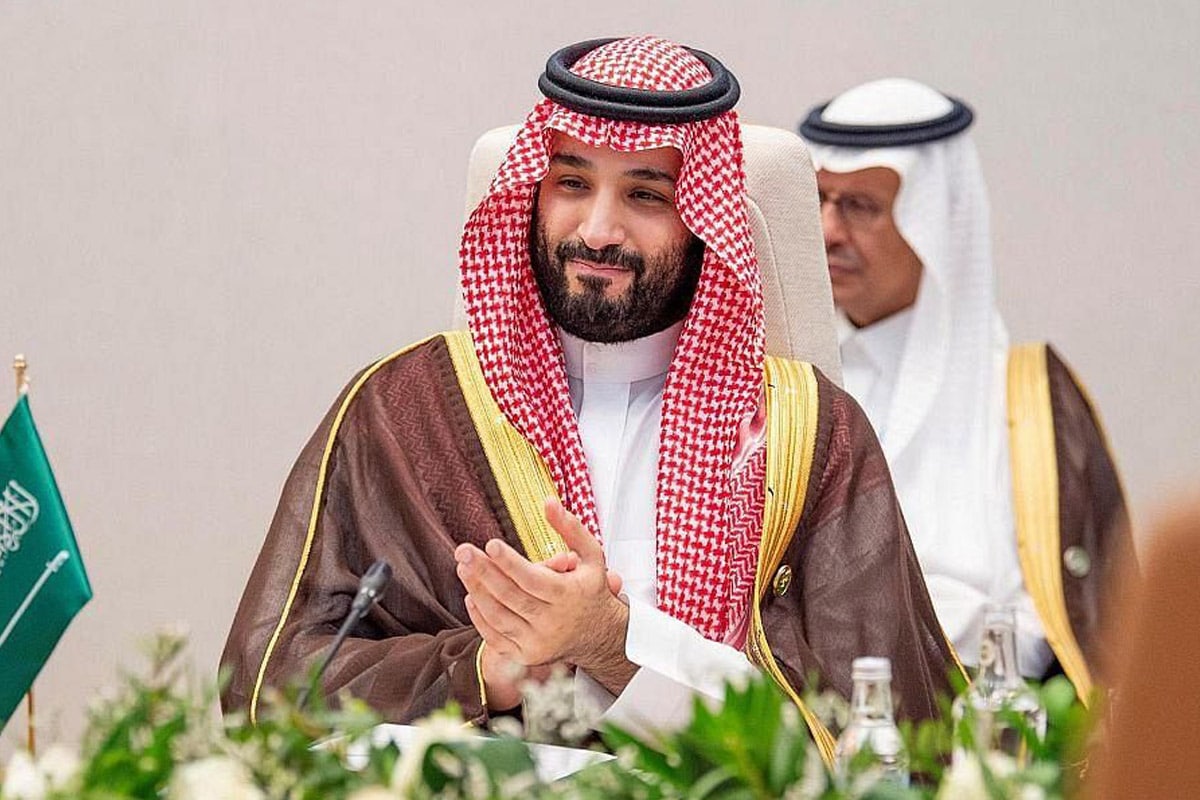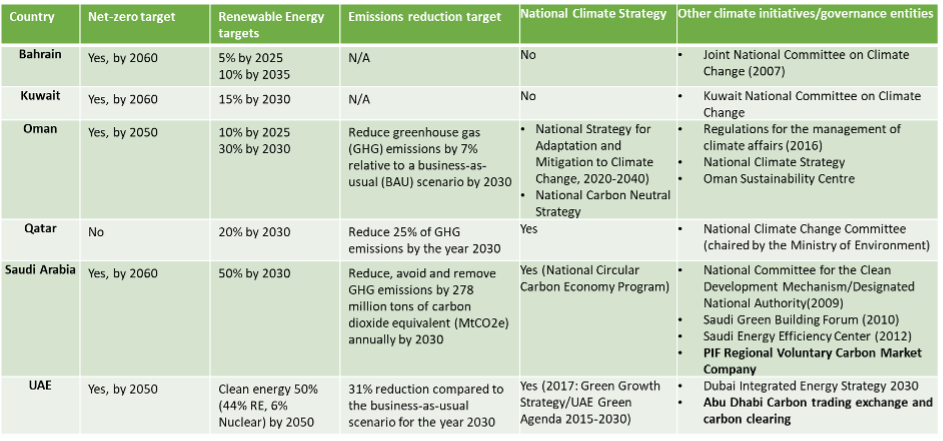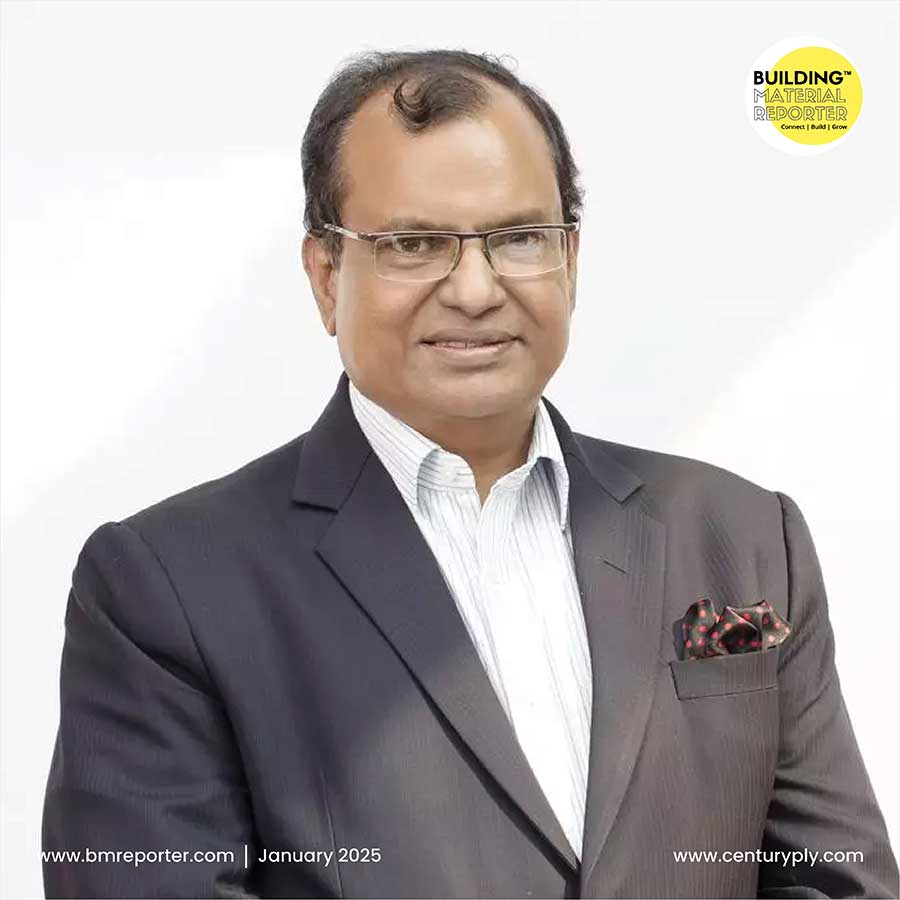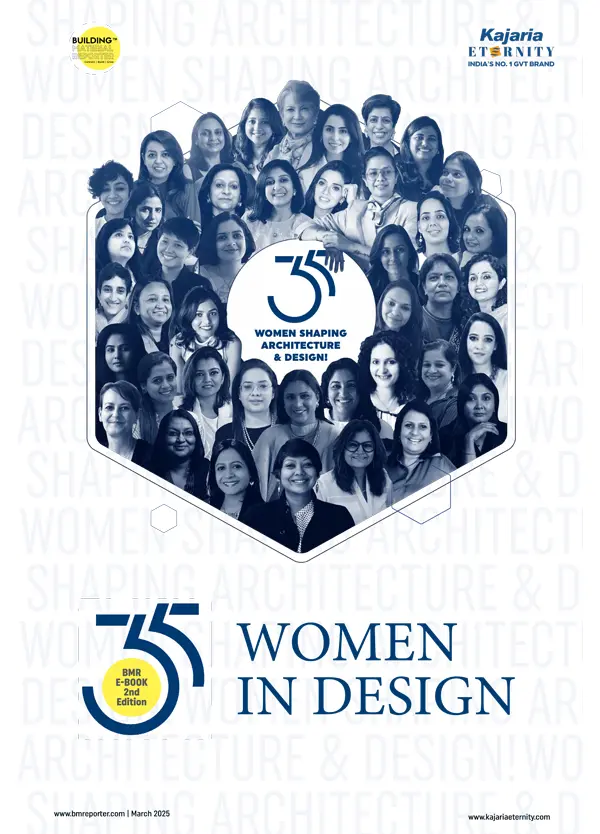Saudi Crown Prince Announces PIF's Ambitious Pledge: Net Zero Emissions by 2050
- November 23, 2023
- By: Ar. Priyanshi Shah
- NEWS
 Saudi Arabia's Crown Prince Mohammed bin Salman announced that the kingdom's sovereign wealth fund, the Public Investment Fund, is set to pursue net zero emissions by 2050 through a focus on sustainable development.
Saudi Arabia's Crown Prince Mohammed bin Salman announced that the kingdom's sovereign wealth fund, the Public Investment Fund, is set to pursue net zero emissions by 2050 through a focus on sustainable development.
The Gulf Arab states have proactively implemented measures and established institutional frameworks to address the challenges posed by climate change. Before the formal commitment to achieving net-zero emissions, each member state of the Gulf Cooperation Council (GCC) has introduced various initiatives, regulations, and programs designed to mitigate the diverse impacts of climate change. These efforts reflect a concerted regional commitment to environmental sustainability and demonstrate a proactive stance in tackling the multifaceted challenges associated with climate change.
Sustainability in Focus: Saudi Arabia: In 2020, during its G20 Presidency, Saudi Arabia, under the leadership of the Ministry of Energy, introduced the Circular Carbon Economy (CCE) as a cornerstone of its climate mitigation strategy.
The CCE framework outlines a comprehensive approach to achieve a pathway towards net-zero emissions by focusing on the "four Rs":
Reducing Emissions: This involves prioritizing energy efficiency, renewable energy sources, and nuclear power to minimize emissions at their source.
Reusing Carbon: The strategy includes utilizing carbon as a valuable input for creating feedstocks and fuels. This involves innovations such as mobile carbon capture technology for transportation and employing CO2-enhanced oil recovery.
Recycling Carbon: This aspect centers on incorporating carbon into the natural carbon cycle through bioenergy or natural processes like forests and oceans. Additionally, the use of hydrogen-based synthetic fuels is emphasized for recycling CO2.
Removing Excess Carbon: This involves storing excess carbon through technologies like Carbon Capture Utilization and Storage (CCUS), contributing to reducing atmospheric carbon dioxide levels.
Saudi Arabia's emphasis on the Circular Carbon Economy reflects a holistic and multifaceted strategy to address climate challenges, encompassing a range of measures to reduce, reuse, recycle, and remove carbon emissions.
 Designing the Future: The commitment of five Gulf Arab states—Bahrain, Kuwait, Oman, Saudi Arabia, and the UAE—to achieve net-zero goals by or around mid-century represents a significant step in addressing climate change. Despite notable progress in developing climate strategies and initiatives, this paper underscores that the Gulf Cooperation Council (GCC) faces challenges in realizing its net-zero pathway without timely and innovative interventions.
Designing the Future: The commitment of five Gulf Arab states—Bahrain, Kuwait, Oman, Saudi Arabia, and the UAE—to achieve net-zero goals by or around mid-century represents a significant step in addressing climate change. Despite notable progress in developing climate strategies and initiatives, this paper underscores that the Gulf Cooperation Council (GCC) faces challenges in realizing its net-zero pathway without timely and innovative interventions.
The study reveals that bridging the gap between the current state and the necessary scale of technological, financial, and institutional efforts is crucial. Without dedicated and systematic implementation, the ambitious net-zero aspirations of the GCC countries may remain elusive. The timely execution of climate policies supporting net-zero goals is not only challenging but also imperative.
Such policies not only align with global efforts to combat climate change but are essential to bolster the economic diversification endeavors of these nations. Additionally, swift action is necessary to mitigate the potential repercussions of evolving global climate policies that could pose threats to the region's hydrocarbon-dependent wealth. Therefore, effective and timely implementation of climate policies is vital to not only meet environmental goals but also to safeguard economic interests and navigate the complex landscape of evolving international climate initiatives.
Stay updated with the latest trends and developments in architecture, design, home decor, construction technology, and building materials through Building Material Reporter.








